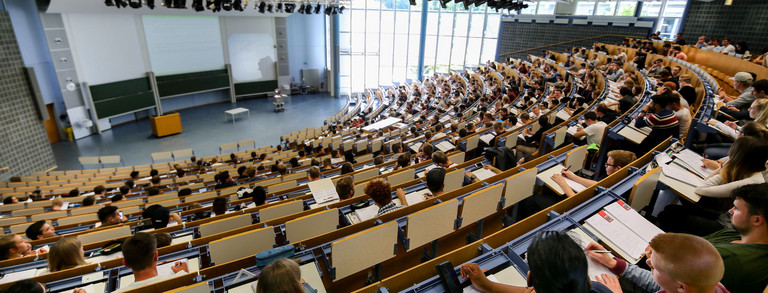A-Project
The A-Project is aimed at first-year students. It enables students to learn basic skills of scientific work at an early stage of their studies. Under the supervision of module leaders and a student assistant, students work independently and self-organised on a larger research project for one year. The topics provided form a framework, but are independently implemented by the students in more concrete questions and work packages. Over the course of the project, the students present their current project status in the form of a proposal, an interim report, and a final report. In addition, a faculty public project market takes place around Easter time, where students present their interim results to a larger public.
The current 22/23 A-Project focuses on Rozenburg, a sub-municipality of Rotterdam, the Netherlands. The area is located on a former island squeezed between expanding operations of the most significant European port area. The students will interrogate complex environmental and urban challenges imposed on the Rozenburg community through the conceptual lenses of place. With the help of participatory mapping and the ‘Place Standard Tool’ methodology, the students will attempt to unpack lived experiences of people conditioned by a very particular long settlement history, ever-changing spatial planning realities, extensive industrialized areas, and natural and altered landscapes, all together forming the unique spatial conditions of Rozenburg. At the end of this A-Project, students will learn how major planning and environmental challenges ranging from local to global scales are shaping and transforming local communities. By applying participatory mapping and the ‘Place Standard Tool’ the students will get familiar with two of the possible methodologies employed by planners to reach communities and evaluate outcomes of planning decisions and urban-environmental conditions engendered by them. During two semesters the students are supposed to conduct two field trips, whereby they explore the wider context of the region, including environmental and urban dynamics of Rotterdam, continuous intensification of port operations, and extensive geoengineering interventions, and get down to the local scale of the very Rozenburg island and community, adopting a point of view of residents in order to capture the character of Rozenburg as a place to live.

